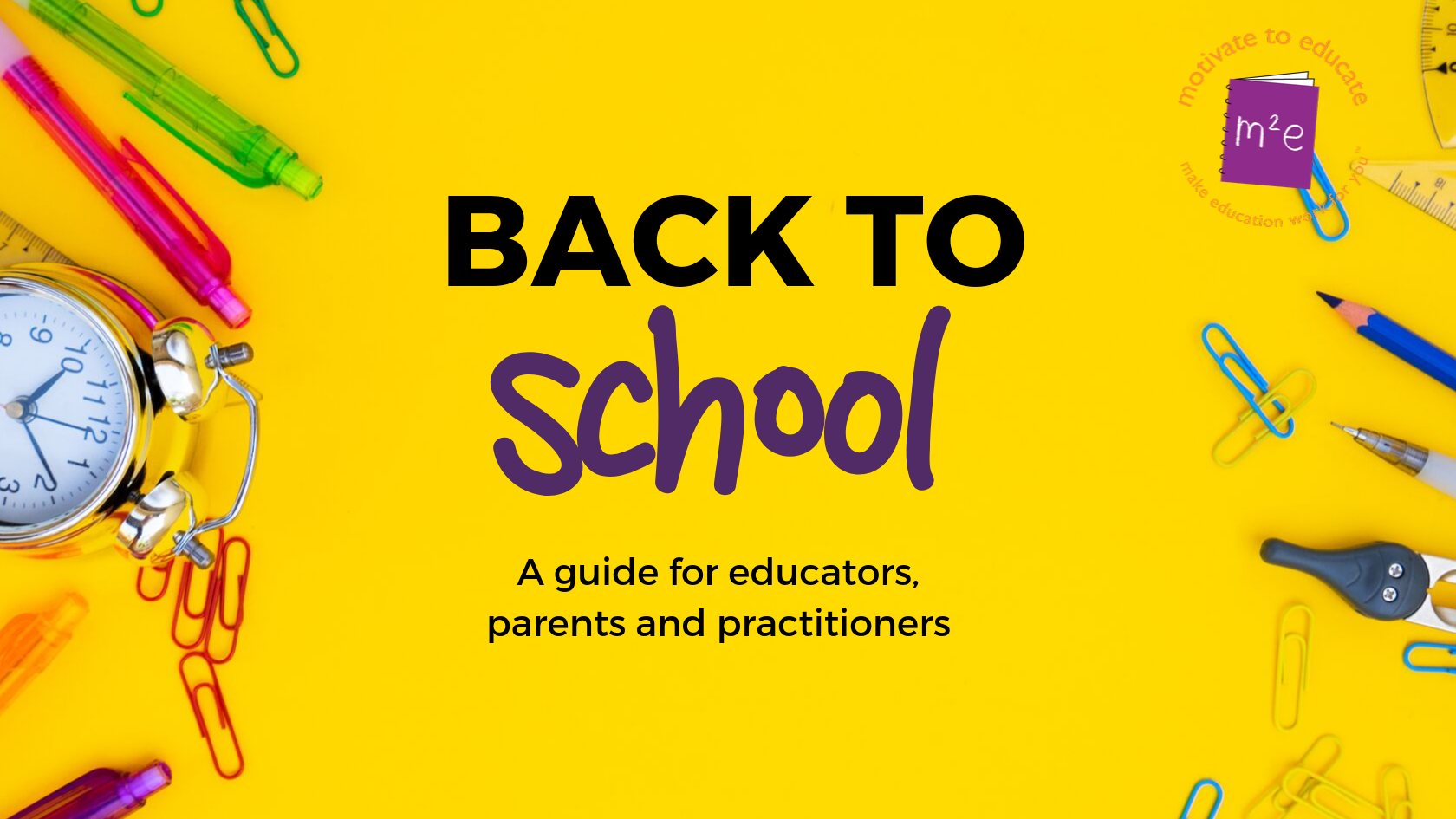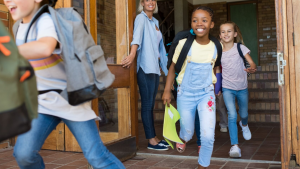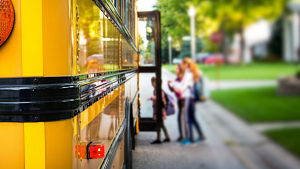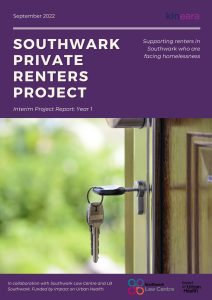The Covid-19 pandemic has changed schooling and the world of education as we know it. Given the challenges for families and education staff alike, we’ve put together a list of links and resources where you can find up-to-date information and support. In particular, these links cover:
- Mental health and wellbeing
- Home-schooling/ learning
- Learning support resources and activities
- Supporting SEND children
- Accessing low-cost, affordable computers and IT equipment
- Support for challenges that may be affecting your child’s or pupils’ education.
If you are aware of any links, webpages or resources that you think would be useful for this page, please do contact us. You can also visit our education page to find out more about our work in schools.
Last updated 20.01.21
Support for parents, carers and families
The NSPC provides tips and resources for parents whilst self-isolating including online safety tips, supporting SEND pupils, and dealing with conflict and family tensions.
Laptops for Kids is a charity that facilitates the donation, secure erasure and distribution of used digital devices, enabling children from disadvantaged backgrounds to have access to the technology they need to participate in remote learning.
On supporting autistic children and young people, Kineara has put together these helpful tips and an infographic here. You can also visit Bloomsfield Trust for information on accessing computers for children with autism.
Social Care Institute for Excellence (SCIE) has produced a webpage for supporting adults and children with learning disabilities or autistic adults and children, including government guidance and downloadable guides.
Young Minds has a regularly updated webpage for tips, advice and where to get support for your child’s mental health during the Covid-19 pandemic. This includes top 10 tips from its Parents Helpline experts for talking to your child about Covid-19.
Barnardo’s online service called See, Hear, Respond includes practical advice about how to talk to your children about the pandemic to tips on managing anxiety and much more.
Family Lives offers a range of local and national services, as well as these helpful tips and advice for coping emotionally and practically, including tips for home learning, managing anxiety and supporting SEND children.
Brighter Futures for Children has put together this webpage of the various support available for parents and carers, as well some helpful resources.
Kineara has put together these top tips for parents and families based on the work of its education practitioners.
A resource on parenting during Covid-19 produced by The Parenting for Lifelong Health project is available in over 50 languages.
Helpful resources and downloads for parents and families by Family Links.
Support for teachers and school staff
Access the latest documents from the Department for Education (DfE), as well as The Schools and Colleges handbook for England, which is updated regularly. Schools, trusts and local authorities can also help disadvantaged children get online using free mobile data increases or 4G wireless routers provided by the DfE.
On accessing low-cost, affordable IT equipment for pupils, The Raspberry Pi Foundation sell £35 laptops and have given thousands to families. Computer Aid also provides computers and IT equipment to schools. Schools can find further links to be able to apply for computers here.
Pearson’s webpage provides useful tools and resources for supporting schools with the ongoing impact of Covid-19, including remote teaching and learning support.
The Mental Health Foundation has put together guidance for schools coping with Covid-19 and disruption to learning. The guidance covers challenges facing pupils and families, and how to support your own mental health as a teacher.
Place2Be has put together free resources to help children explore what it means to Express Yourself this Children’s Mental Health Week and beyond. These activities can be adapted for use in school, home-schooling, online lessons or independent learning.
Education Support, which recently published its annual Teacher Wellbeing Index, has produced mental health resources for teachers, lecturers and support staff dealing with the Covid-19 crisis. They focus on supporting education staff and topics which have been highlighted as especially difficult. You can view all the short video guides here.
Kineara has put together this checklist for schools, teachers and education staff to help them work through various challenges, from safeguarding, child protection and wellbeing concerns, as well as how to identify and respond to these.
The RSC offers a wide range of resources for remote teaching on their education website and have set up a page dedicated to remote teaching.
EEF has launched a range of resources to support schools to address the impact of Covid-19 school closures on pupils’ learning and support home learning.
Support, guidance and activity suggestions for schools by Mentally Healthy Schools
This EEF blog outlines 5 key principles which underpin meaningful home learning, as well as 5 issues we are facing during the Covid-19 pandemic.
Governors for Schools’ campaign Wellbeing Governors highlights the need for school boards to have a wellbeing link governor to support pupil and staff mental health and wellbeing. The charity has a number of resources including webinars, for governors to use to improve mental health and wellbeing provision at their school.
Given the current changes in schooling and education, Kineara has been adapting its education support for the pupils and families we work with. If you work in a school, please spare 5-10 minutes to complete our short survey about education support in your school, or simply share the link with your contacts. Alternatively, you can contact us directly at info@kineara.co.uk. We would love to hear from you.





 1. Developing an identity
1. Developing an identity 2. Bullying and peer pressure
2. Bullying and peer pressure 3. Mental health and wellbeing
3. Mental health and wellbeing 4. Hidden or complex challenges
4. Hidden or complex challenges 
 The
The  3. Help them explore their strengths and individuality
3. Help them explore their strengths and individuality M2E practitioner Davinia says: “Art making has been a useful tool for helping children access and express difficult memories. Using materials that allow a child or young person to make mess, should they want to, creates a freedom to access these memories and to begin to make sense of them.”
M2E practitioner Davinia says: “Art making has been a useful tool for helping children access and express difficult memories. Using materials that allow a child or young person to make mess, should they want to, creates a freedom to access these memories and to begin to make sense of them.”
 Whether it’s creating a supportive environment at home, establishing a love for learning, or cultivating a child’s natural talents, one thing remains constant: parents can play a vital role in their child’s educational journey in and out of school.
Whether it’s creating a supportive environment at home, establishing a love for learning, or cultivating a child’s natural talents, one thing remains constant: parents can play a vital role in their child’s educational journey in and out of school. The link between emotional wellbeing and academic attainment
The link between emotional wellbeing and academic attainment Senel believes that spending time with her daughter and working closely with practitioner Roz and the school has had a transformative impact on Chelsey, including her grades. “If you see how she was in the beginning. Not that she wouldn’t speak to us, she just found it hard to express herself.” explains Senel. “She used to come home, and she’d slam doors… She wouldn’t interact, she wouldn’t talk about her problems, and she would just make every excuse up not to go to school.
Senel believes that spending time with her daughter and working closely with practitioner Roz and the school has had a transformative impact on Chelsey, including her grades. “If you see how she was in the beginning. Not that she wouldn’t speak to us, she just found it hard to express herself.” explains Senel. “She used to come home, and she’d slam doors… She wouldn’t interact, she wouldn’t talk about her problems, and she would just make every excuse up not to go to school.